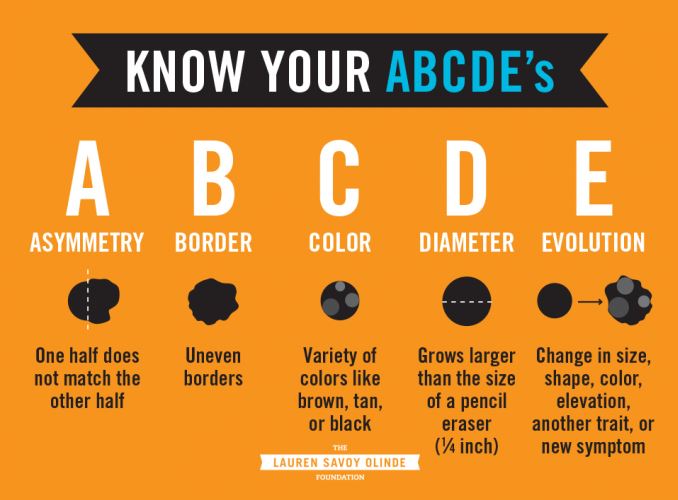
If you are reading this you have probably lightened your skin or are in the process of doing so. I have no judgement about women who choose to go this route because I know the pressure society places on women and the premium that fairer skin has over dark skin especially in Nigeria.
That being said, skin bleaching is at epidemic proportions you can read about it here in my previous post. And with the Nigerian climate particularly the sunshine one thing is certain skin cancer is going to be on the rise.
You may wonder how you know this. Well, research shows that exposure to UV rays is the primary cause of skin cancer. Statistics show skin cancer occurs in Caucasians 33 times more than in blacks; however, blacks have a lower survival rate. Two types of skin cancer are caused by exposure to the sun, Basal cell carcinoma and Squamous cell carcinoma. Both can present with changes in the skin which may be raised reddish patches, strange bumps, or growths.
Since skin bleaching removes the natural protection melanin provides combined with the Nigerian climate with its constant and intense sunlight skin cancer becomes much more likely.

To illustrate this, the picture shows the relationship between skin colour and location and you can see Nigeria is smack dab in the middle of the region with the darkest skin colour for a reason.
The reason for the skin colour and the location is explained in this picture which shows the intensity of sunlight and location. The darkest skin colour pretty much matches the locations with the most intense sunlight.

Obviously, I would recommend that everyone loves the skin they are in and stop lightening their skin. However, since I know it is unlikely here are 5 things you can do to protect your skin and prevent the likelihood of skin cancer.
1. Sunscreen
Wearing sunscreen is one of the most important things you can do to protect your skin. You need to wear a broad-spectrum sunscreen of at least SPF 30, broad-spectrum meaning it protects you from UVA and UVB rays. Wear it all day and wear it every day without fail even on days when it appears cloudy and even on days when it rains because UV rays penetrate cloud cover.
2. Time your outings
The sun (UV rays ) is usually at its most intense between the hours of 10 am and 3 pm. So if you have bleached your skin it is important to try to be indoors or at least out of the sun between those hours. It will spare your skin from the most intense UV rays.
3. Cover up as much as possible
I mean exactly that when you are out and about in the sun cover up as much as your body as possible by wearing sleeved clothing, and hats and seek shade whenever possible. One of the common areas cancer appears in is on the bridge of the nose or the cheek. Basically all the places you would highlight because the sun hits them constantly, so wear a hat.
4. Check the UV Index

The UV Index is used to measure the strength of sunburn producing radiation at a specific time and place. Since your skin has been stripped of its protective melanin by skin bleaching you need to get friendly with your weather app and check the UV index prior to going out. Wearing sunscreen daily is important however going out when the UV index is between 3- 7 which is moderately high is tolerable. However, when the UV index is above 7 you may need to make a choice if the decision is important enough for the sun damage.
4. Self-examination

After skin bleaching, it is important to know every inch of your skin so that you notice any changes in appearance. Skin cancer can present in many ways be vigilant and look for new moles, and changes in the size or shape of your moles. If there are any changes or go straight to a hospital and see a dermatologist for a second opinion.
There it is 5 ways you can protect yourself from skin cancer if you have bleached or lightened your skin. Please remember none of these is foolproof because the act of skin lightening itself is cancer-causing.
Let me know what you think in the comments below and tag a friend or friends who need to hear this.

Get Answers to All Your Questions
This eBook tells you all you need to know about what to expect when you stop using TAC
- Find out what to expect when you stop using these creams
- How to reduce the side effect so that you don’t relapse
- Product recommendations with the exact products to use while your skin heals
- And links on where to buy them in Nigeria.
My clients pay me thousands of naira to get this information.
I am giving it to you for $ 8 for a limited time
This article was first published on Beauty in Lagos.com